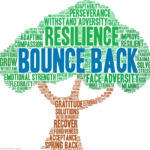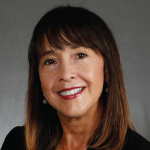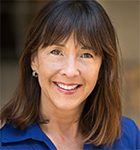Working in healthcare is incredibly rewarding, but it can also be supremely stressful. Add a global pandemic and social distancing, and you’ve got a perfect storm of negative forces that can discourage even a Pollyanna’s outlook on life. That’s why it’s even more important today for rheumatologists and other rheumatology providers to make self-care a priority, says Afton Hassett, PsyD, associate research scientist and clinical psychologist, Department of Anesthesiology, University of Michigan, Ann Arbor. Taking time—even a few minutes a day—to pay attention to yourself, your stress and your sense of purpose can make all the difference in bolstering your resilience and avoiding burnout.
Stress Effects
The stress of working in healthcare—and treating rheumatology patients who are coping with chronic disease and pain—can lead to bad self-care habits and eventual burnout. This is augmented by the global pandemic of COVID-19. Stay-at-home orders and social distancing requirements have forced people to give up many things they enjoy, such as going to see a show or gathering with friends. But giving up the fun, non-work parts of life adds more stress.
“When we get stressed, the things that go first are normal healthy habits: healthy eating, exercise and sleep,” Dr. Hassett says. “Those are the keys to anyone’s mental health.”
Another side effect of stress is unhealthy breathing patterns, such as taking short, shallow breaths, which further compound stress. In the era of COVID-19 response, physicians, nurses and other rheumatology providers are particularly vulnerable, Dr. Hassett says, because of “the strangeness of it, the intensity, the lack of knowing where this is going. There’s this fear of the unknown that is really quite different than daily stress.”
In fact, this type of chronic stress can cause physicians and other healthcare providers to live too much in the past or future instead of in the moment, thinking more about what should have been done or what’s going to happen instead of what’s happening now.
Addressing Stress & Burnout
To address stress and find balance, physicians and other rheumatology providers should first focus on the basics, like getting enough sleep, eating healthy, exercising and spending time with loved ones, Dr. Hassett says. This is not unlike the advice she gives to patients who are dealing with chronic pain and seeking to regain their resilience.
She also notes that doing grounding breathing exercises regularly can help providers find more balance and stay in the present moment. Setting aside even five to 10 minutes every day to breathe and recenter can be helpful.



